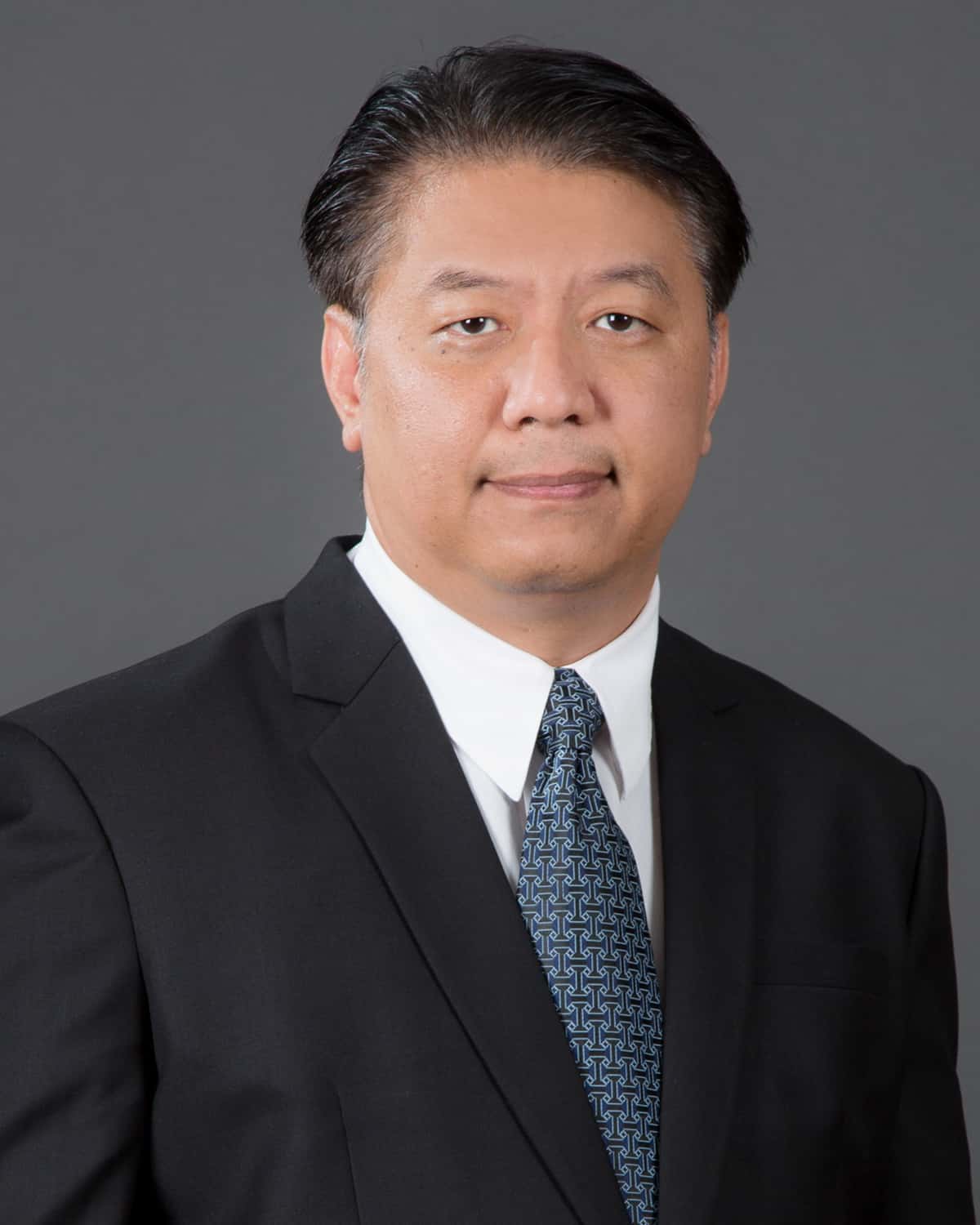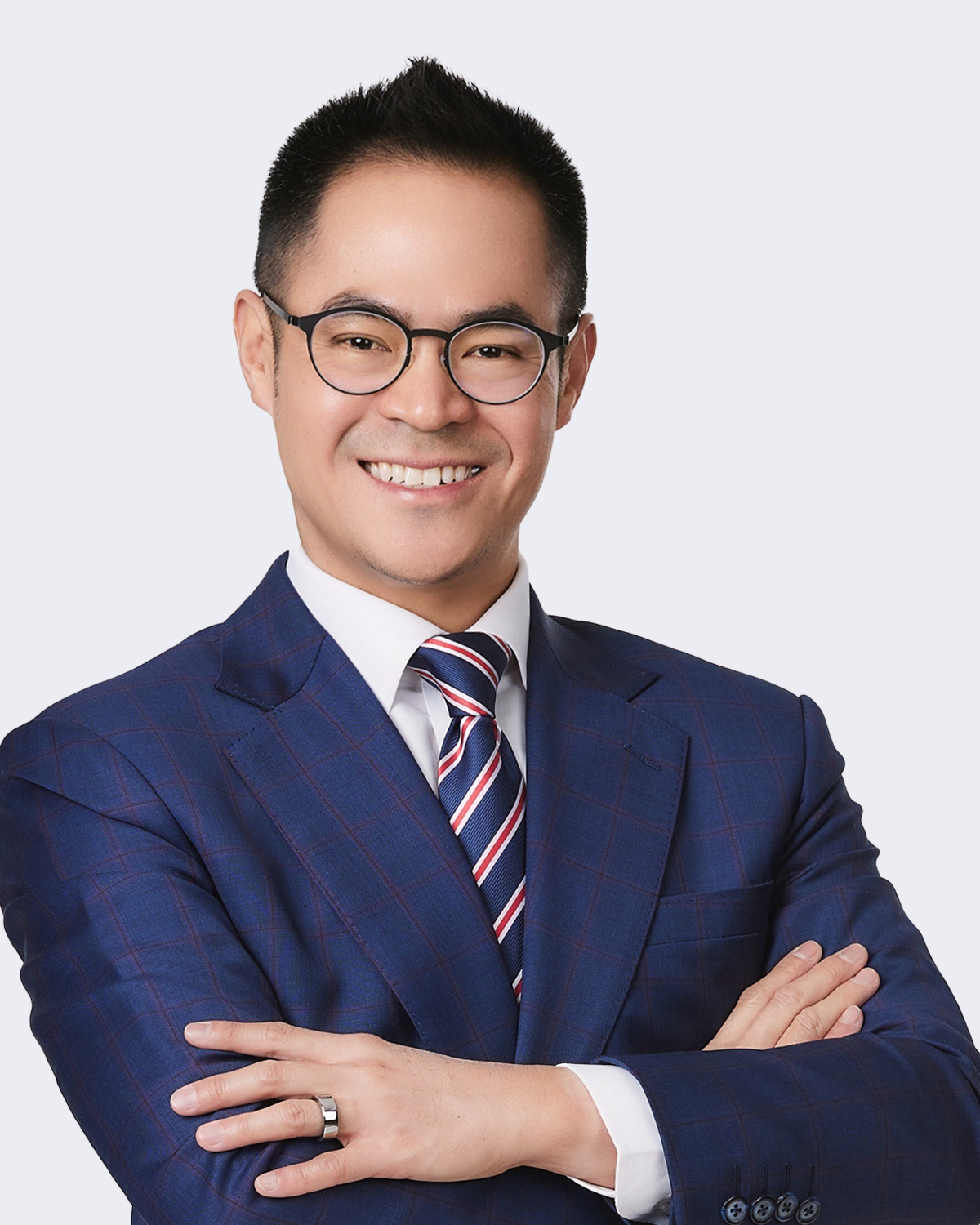A steady increase in the number of companies transferring their IP assets to Thailand has seen an increase in the need for these companies to rely on the courts to protect their complex scientific and technological advancements. Recent developments have seen Thailand’s court system rising to the challenge, using international standards of protection including:
- robust injunctive relief to stop infringement of their IP; and
- substantial increases in compensation to cover damages sustained and legal fees, including a record high award for patent infringement in 2019.
By ensuring proportional responses, these developments in the court are encouraging for the promotion of fair competition in business and R&D investment.
Advancement in IP Protection by the IP&IT Court
The Central Intellectual Property and International Trade Court (IP&IT Court) has jurisdiction over IP disputes in Thailand. As Southeast Asia’s first dedicated IP-specialized court, established in December 1997, the IP&IT Court drives development of the Thai IP regime by serving both domestic and foreign IP owners from all industries, including those handling complex technologies. Some of its key attributes are detailed below.
- Specialized judges: In recent years, the IP cases handled by the IP&IT Court have become more complex due to the steady pace of technological developments in Thailand and increased foreign investment. Judges of the IP&IT Court specialize in IP and are well versed in this body of law. They are well positioned to analyze the ramifications of new technologies and grant fair judgments on the cases brought before them. A heavier IP caseload led to enhancement of the appeal system in October 2016, when a Court of Appeal for Specialized Cases was established, further shortening the time needed to attain final judgments in IP cases.
- Associate (expert) judges: The professional judges on the IP&IT Court are advised on technological issues by “associate judges.” These judicial officers, appointed by the Judicial Commission, are experts in many technological and business fields, including engineering, science, pharmacy, and more.
- Expert witnesses: Foreign and local experts in academia or business can provide expert testimony on the relevant technological issues.
- Mediation: After a complaint is submitted, parties have the option of pursuing mediation at the IP&IT Court rather than traditional court proceedings. Mediation is one effective means of resolving a case involving complex technologies. The process is convenient and uncomplicated, and is handled by experienced mediators—often senior personnel from government offices, academia, or other trustworthy organizations.
- Closed hearings: Where necessary, parties may apply for closed court proceedings to protect the confidentiality of sensitive information.
Effective Civil Procedures
Since the establishment of the IP&IT Court in December 1997, the majority of its cases have been criminal cases. In recent years, however, the number of civil cases has increased significantly. Several IP owners have successfully protected their valuable IP rights through effective civil procedures at the IP&IT Court, and this route has therefore become quite popular among IP owners.
Some of the highly effective orders available under civil procedural rules include:
- Preliminary injunctions: A preliminary injunction requires an infringer to immediately stop their infringement of an IP owner’s rights. An application for a preliminary injunction can be filed either prior to or during the court proceedings. Preliminary injunctions are available under each of the major IP laws in Thailand: the Copyright Act, the Patent Act, the Trademark Act, and the Trade Secrets Act.
- Anton Piller orders: An Anton Piller order is an ex parte order for the search and seizure of evidence prior to the filing of a complaint. This mechanism allows for the immediate seizure of evidence of IP infringement from an infringer. Similar to a civil search warrant, an Anton Piller order requires the alleged infringer to allow the IP owners and their lawyers to inspect the evidence in the alleged infringer’s possession at the infringer’s premises.
- Damages: The IP owner, as the plaintiff, is entitled to demonstrate all the potential causes of losses suffered by the infringed party in order to recover monetary damages. However, Thai law does not provide fixed criteria for the court’s consideration with regard to methods for assessing and calculating damages. Therefore, any assessment of damages typically relies on the sole discretion of the court. The court must evaluate the “circumstances and the gravity of the wrongful act” and determine the damages accordingly.
Highest Damages Awards at the IP&IT Court
The impact of IP&IT Court decisions continues to grow with the award of landmark damages to aggrieved IP owners. The most recent landmark award was made to INVE Technologies N.V., a world-leading pioneer in the aquaculture industry with a focus on innovative hatchery products and processes for producing quality live food sources for seafood production.
INVE found that a number of competitors were infringing its patented process for increasing the hatching percentage of free-swimming artemia nauplii (brine shrimp, which can be used to feed fish or shrimp), and competing unfairly, in several countries including Thailand. They instructed Tilleke & Gibbins to bring invention patent litigation at the IP&IT Court. In November 2018, INVE received a very favorable outcome against the infringer, with the IP&IT Court granting a permanent injunction and Thailand’s highest-ever award for damages in an IP case—over THB 106 million (approximately USD 3.5 million), plus interest from the date the complaint was filed.
This is the latest in a line of cases in which the IP&IT Court has awarded record-high damages to our clients, showing the steady increase in the scale of IP protection available in Thailand. Other recent examples include the following:
- In 2015, a leading U.S. manufacturer of magnetic powders, and client of Tilleke & Gibbins, obtained a damages award of over THB 20 million (approximately USD 670,000) which was, at the time, the largest handed down by the IP&IT Court. It was also the first case in which a trade secret owner successfully enforced its rights against trade secret misappropriation in Thailand.
- In 2019, a leading Japanese manufacturer and designer of automotive and motorcycle parts and accessories obtained the highest damages award in a design patent case in Thailand, also under Tilleke & Gibbins’ representation, at over THB 20 million (approximately USD 670,000).
- Most recently, in 2019, another client—a leading Japanese manufacturer in the food industry—obtained a landmark compensation award in a copyright and trade dress protection case for more than THB 20 million (approximately USD 670,000).
Capitalizing on the Strengthened IP Enforcement Environment in Thailand
The results of these cases are encouraging for IP owners who wish to enforce their IP rights, and the damages awarded by the court can be effectively enforced—including by seizing the infringers’ assets—through further coordination with the Legal Execution Department in the Ministry of Justice. The IP&IT Court has also proved to be a fair venue in patent invalidation litigation, offering much-needed protection to patent owners whose innovations are challenged by opposing parties or competitors.
Thai IP laws and practices are developing rapidly, as exemplified by Thailand’s removal from the Priority Watch List by the Office of the United States Trade Representative in December 2017. All these strides forward depend on the proactive steps being taken by leading IP owners, who have invested heavily in their businesses and technologies in Thailand and who continue to trust that the strong protection of their valuable IP will be enforced. With more IP owners handling complex technologies placing their trust in IP protection in Thailand, the developments are likely to continue apace.


